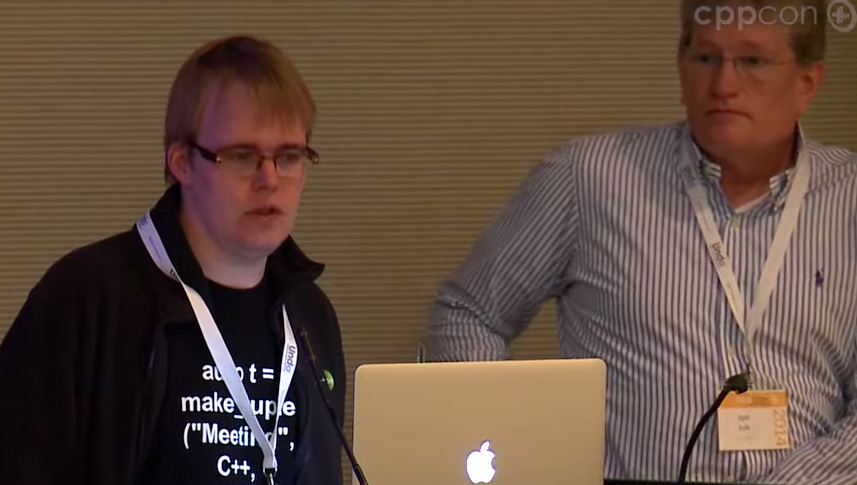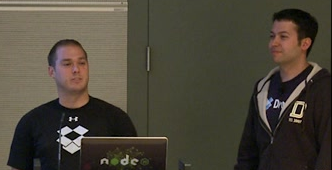HPX and C++ Dataflow(await) -- Hartmut Kaiser
Uses/Implementation/Discussion about await feature in modern C++.
HPX and C++ Dataflow
by Hartmut Kaiser
From the article:
We have done some experiments with a preliminary implementation of await in Visual Studio 2015RC. We were able to integrate it well with the futures in HPX and the results are very promising. Unfortunately, the await keyword (and resumable functions) will only be available in all mainstream compilers years from today. So for now we will have to make do with our poor-man’s-await –dataflow.In any case, if you want to try things out (including dataflow), please fork HPX from our Github site and tell us what you think.

 With a Core language perspective, with extensive notes about modules discussions:
With a Core language perspective, with extensive notes about modules discussions: Have you registered for CppCon 2015 in September? Don’t delay –
Have you registered for CppCon 2015 in September? Don’t delay –  Have you registered for CppCon 2015 in September? Don’t delay –
Have you registered for CppCon 2015 in September? Don’t delay –